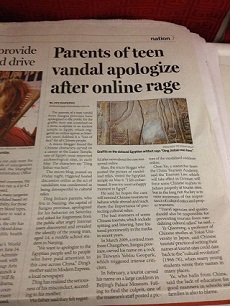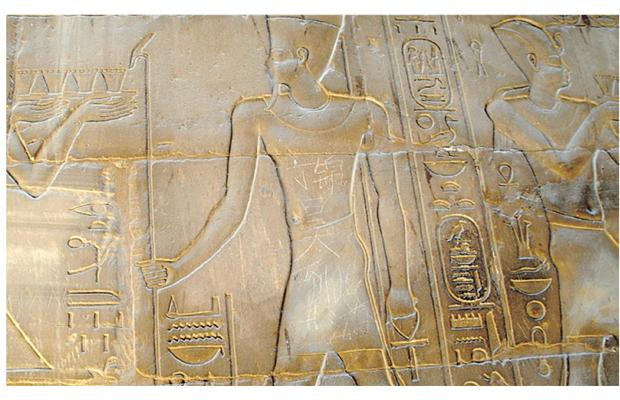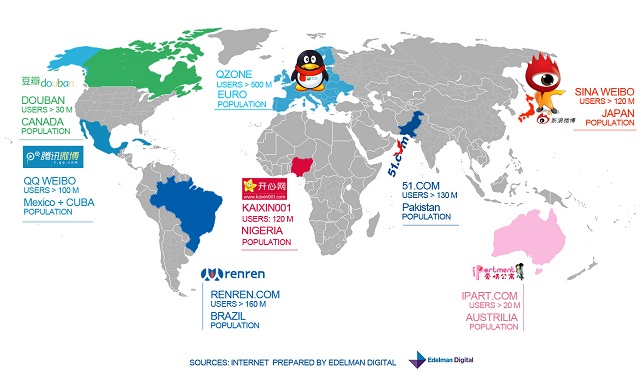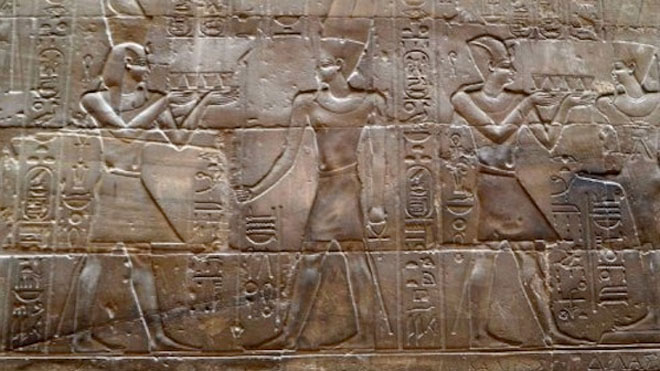
[dropcap style=”2″ color=”#f50a0a” text=”D”]uring my recent visit to China and while I was checking the morning newspapers, an article about Egypt came across. The article was about a Chinese teenager who visited Egypt and wrote graffiti on Egyptian temple’s wall.
A Chinese blogger came after and saw this graphite then he took a picture and decided to share it on social networks. Although in China all the social networks we know are blocked (Facebook, Twitter, Instgaram, Pintriest…etc) as they have their own Chines social networks, I noticed they like to take pictures everywhere for everything and share it over these local Social Media Networks.
By the way it is easy to login the Facebook at China by VPN
The story of the teenager goes around everywhere in China as the story triggered on their local social media networks and the story snowballed to become the talk of people in China. [highlight color=”#eb0707″]Click to View [/highlight]
- Advertisement -
Investigators used the internet (known in China as “the human flesh search engine”) to trace Ding Jinhao and released his age, his school and other personal details. Hackers even compromised his former primary school’s website, forcing visitors to click on a sign parodying Ding’s graffiti before they could enter the site, the Global Times newspaper reported.

The photo quickly caught the attention of the Chinese public, and someone was able to identify the person responsible for the graffiti as 15-year-old Ding Jinhao from Nanjing. Many criticized Ding’s act as an embarrassment to the country.
This led to force the teenager’s parents to come to public to apologize for the Chines people – and for the Egyptian people – for their son’s behavior.
In a recent study of Chinese social media use, 91% of respondents reported using a social media site in the past 6 months. In the United States, that number is 67% and 30% of Japanese report using a social media site in the past six months. The authors point out that Chinese value word of mouth more than in other countries because most public information is official, state-sanctioned, and distrusted. This may further empower social network communications which are largely person to person.

[highlight color=”#eb0707″]Click to Download [/highlight]
[blockquote style=”quote” align=”left” author=”Xuan Kejiong, a prominent journalist with Shanghai Television”]Why there are so many citizens who go abroad and humiliate us? How many generations will it take to change this kind of behavior?[/blockquote]
The story didn’t stop at local Chinese social networks and it has spread over the conventional media too like the newspaper that I found at my hotel room.
Social media has changed the definition of the word of mouth. It is no longer just a chat between you and a group of friends over phone or at a café. Your voice now is heard, all over the world …. Whether it is views, opinion, or even a rumor everything goes viral.
Word of mouth changes your way of thinking, your opinion, your attitude and your actions. This is a good example on how the social media networks are influencing our world. Social media is changing our lives
As for The damaged panel depicting Alexander the Great in Luxor temple, Egyptian restoration experts haven since managed to remove graffiti from an ancient monument after it had been defaced by a Chinese tourist.








